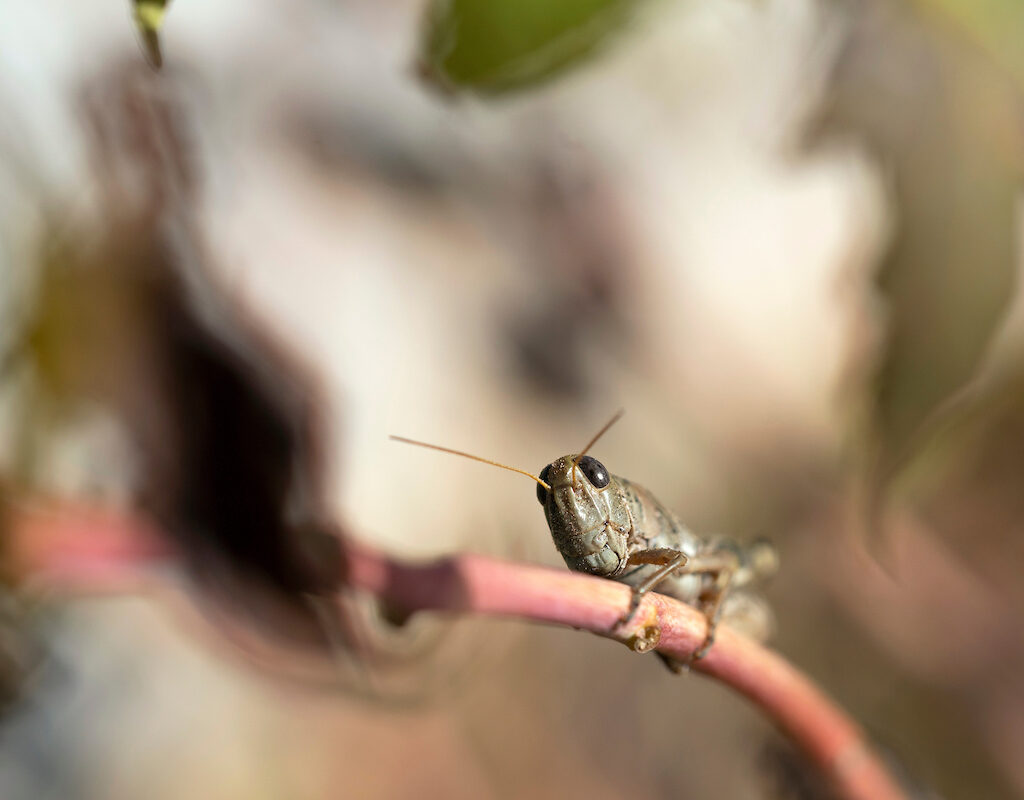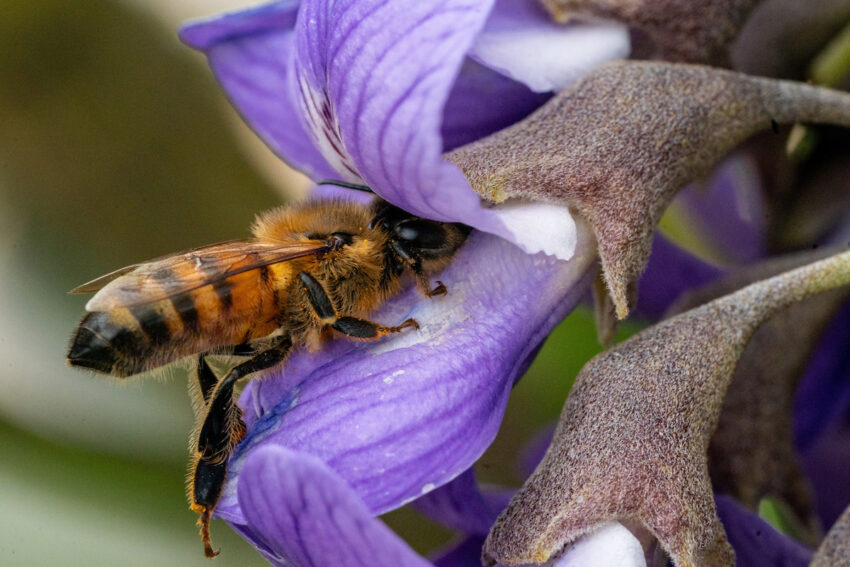Insects, Pests & Diseases
We have a wide range of information, publications and specialists that cover an array of questions related to insects, pests and diseases. Topics run the gamut from beneficial and pest insect identification to integrated pest management regimens and protection from vector-borne diseases.
Related Departments: Entomology, Plant Pathology and Microbiology

Pest and Disease Lab Diagnostic Services

Learn About
Insects, Pests & Diseases
Publications
Programs
All Resources on Insects, Pests & Diseases
- Course
This online course will provide an overview and in-depth knowledge of mosquitoes of Texas, the diseases they carry and how to properly manage them. Approved for 7 AG and & SPCS CEUs through TDA.
- Course
This introductory course will teach you to connect ant behavior and treatment methods, identify different species, perform ant treatments, and solve problems using IPM practices. In Texas, this course is approved for one hour of General-Pest Features category CEU credit.
- Course
This 8 hour course is designed to satisfy the Apprentice Training Requirements as specified in Rule 7.132 (i) (2) and will cover common structural invertebrate and vertebrate pests of the United States, particularly in the state of Texas.
- Course
This online course is designed for landowners and pesticide applicators who are looking for techniques to control pond algae and floating aquatic plants, commonly known as pond weeds or pond grass. This course offers 1 hour of IPM CEU credit.
- Course
This course is designed to assist pest management companies in training new employees. By taking this course, apprentices and other employees will have the opportunity to receive 20 hours of in-depth training required by the Texas Department of Agriculture Structural Pest Control Service.
- Course
As urban areas expand and homeowners continue to want attractive lawns and landscapes, the use of pesticides to control plant pests has continued to grow. Take this course to become an apprentice and learn about pesticides and their proper use, as well as how to apply them for home, lawn, and other landscapes.
- Course
Prepare to take the Private Pesticide Applicator Exam administered by the Texas Department of Agriculture with this course designed for pesticide applicators in Texas. Private pesticide applicators use or supervise the use of restricted-use or state-limited-use pesticides or herbicides to produce an agricultural commodity.
- Course
This course is designed for landowners and pesticide applicators who are looking for aquatic vegetation management techniques or CEUs. During this course, you will learn why aquatic vegetation is problematic, how to manage it, prevention methods, and effective forms of control and mode of action.
- Publication
Plum pox virus is a highly destructive disease that affects peaches, plums, and apricots.
- Publication
Bacterial canker is a disease that affects cherries, peaches, apricots, and other stone fruit.